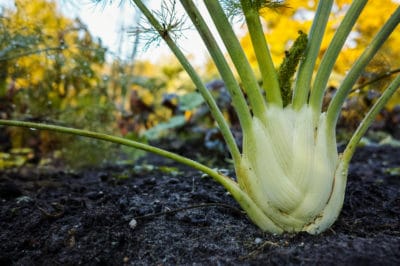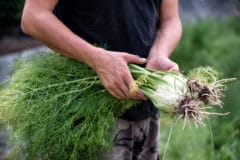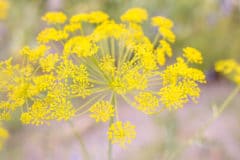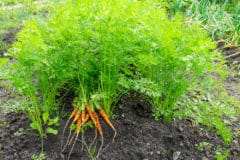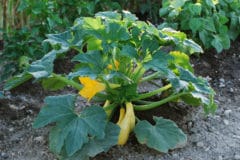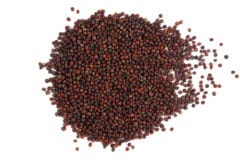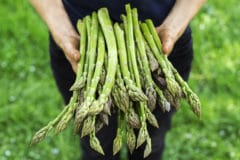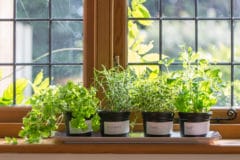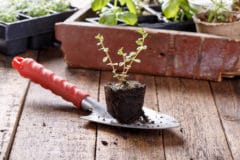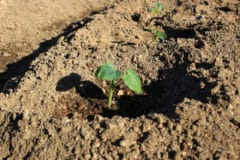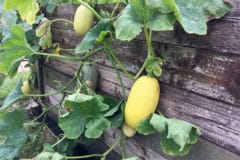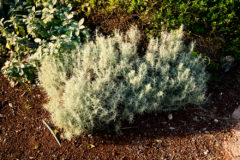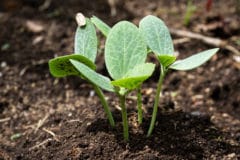Starting Fennel Indoors or Outdoors
Starting your fennel early can give it a helping hand in much the same way as broccoli. It is a warm weather plant and matures later in the season. Start your indoor plants with a fertilizer or organic mixture two to four weeks before the last frost. When there are two true leaves, start to introduce them to the outdoors and harden them off before transplanting. If your area has a short growing season, this is an ideal way to enjoy the benefits of having fennel in your garden.
Fennel seeds can be started outdoors by sowing them directly into the soil between mid-June to early July. Prepare the area with a nice helping of organic mulch or fertilizer. A chalky soil works best and gives fennel the boost it needs to thrive.
Growing Tips
Fennel can be hard to establish in the early stages, but you can increase your success with these tips. Keep the soil moist for your newly sprouting seeds and young transplants. Organic mulch is a great way to help retain the moisture they need while adding a layer of slowly decomposing fertilizer. Provide it with an area that receives direct sunlight for the best results.
Most of the other plants in your garden resist sharing their plot with fennel. So, give it some space all its own to make everyone happy while taking advantage of the great pollinators that fennel attracts. Dill will crossbreed with this herb and change the flavors of both plants. Keep them in different areas to prevent a problem.
Beneficial Facts about Fennel
When planting fennel in your garden remember these important facts:
- It is multi-purpose and used as both an herb and a vegetable.
- It self-seeds and naturalizes within a year or two so you can maintain your own fennel season after season.
- It draws in a wide range of beneficial insects that can increase the pollinators for your garden such as bees and ladybugs.
Remember, even in your garden, location is everything for your fennel to give you the best results possible.
